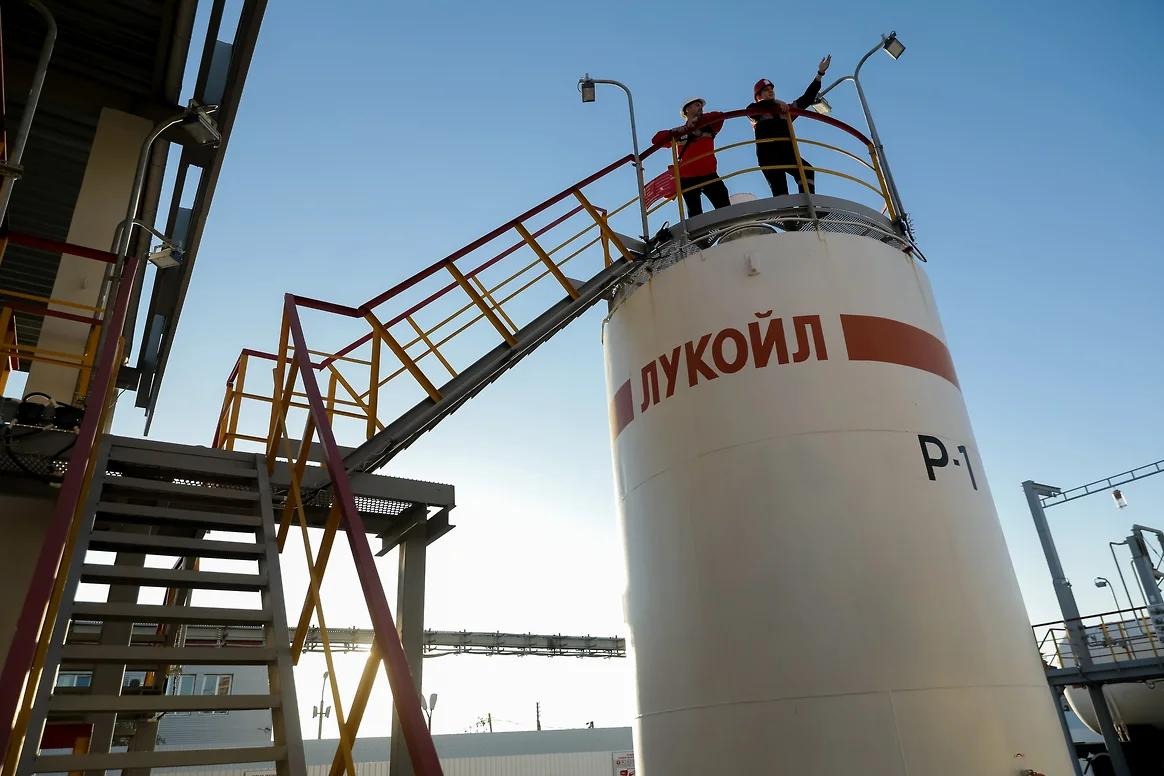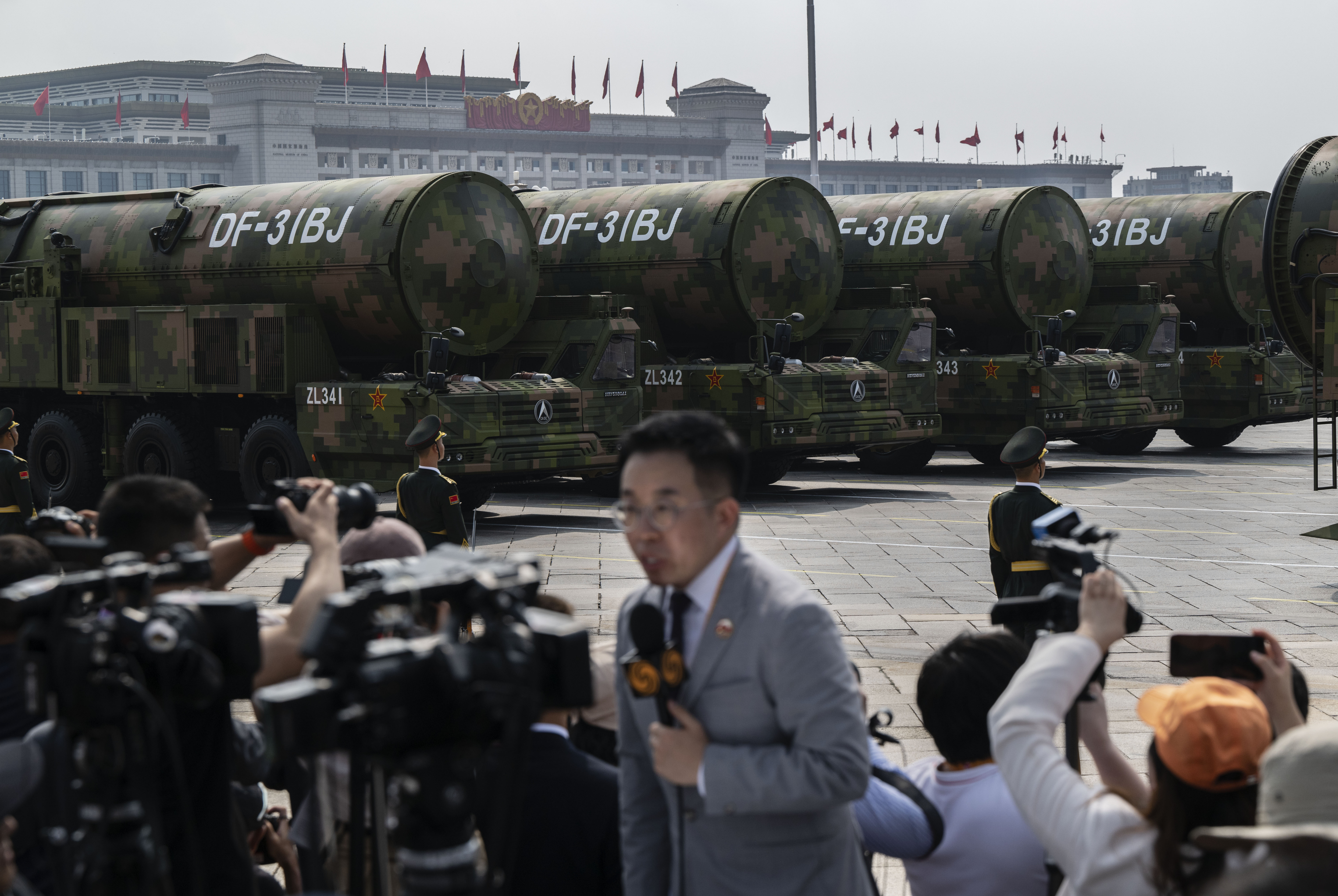AT LEAST ELEVEN KILLED IN DAGESTAN BATTLE.
AT LEAST ELEVEN KILLED IN DAGESTAN BATTLE.
A pitched battle took place during the day on August 2 in Dagestan’s Tsyumadinsk region between members of Dagestan’s Interior Ministry and Chechen guerrillas who had crossed over from Chechen territory. The battle reportedly lasted around three hours and followed an attack the previous evening, when a police post located not far from Avali, the administrative center of Tsymadinsk region, was fired on. A total of four Interior Ministry soldiers were killed and five wounded in the armed confrontations, while the fates of three other soldiers is unknown. As in other such recent battles, the Interior Ministry soldiers were reinforced by helicopter gunships and, according to the Dagestani interior ministry, seven of the attackers were killed and one wounded.
The affiliation of the attackers has not been established, but most observers in Makhachkala say that they were Islamic radicals–so-called “Wahabbis.” The Dagestani authorities say that all the attackers were in fact Dagestanis, despite the fact that they launched the attacks from Chechen territory (NTV, RTR, ORT, August 3: Nezavisimaya gazeta, August 4).
The attacks in Tsyumadinsk region represent a new stage in the conflict in Dagestan. It would not be an exaggeration to say that the republic is experiencing the greatest challenge to its stability, with a series of attacks on police posts and Interior Ministry troops along its border with Chechnya. It would seem that the Islamic fundamentalists’ strategy is to repeat the “Karamakhi” variant: the inhabitants of the Dagestani towns of Karamakhi, Chabanmakhi and Kadar have established so-called Islamic “jamaats” to replace Russian Federation laws and state bodies. There are no such towns yet in Tsyumadinsk region, but the recent attacks suggest that things are heading in this direction and the Dagestani authorities are warning that the situation will get worse. According to local observers, the situation in Tsyumadinsk will get worse than in Karamakhi, whose inhabitants are viewed as relatively harmless compared to those in Tsyumadinsk. It should also be noted that the leader of Dagestan’s and Chechnya’s Islamic fundamentalists, Bagautdin, was born in Tsyumadinsk region and is trying to strengthen his influence there. Bagautdin lives now in the Urus-Martan region of Chechnya, which is not under the control of the authorities in Dzhokhar and has in fact become a fundamentalist stronghold. Bagautdin, who has strong authority among the rebel Chechen field commanders, has called for extending the “holy war” onto Dagestani territory and liberating the republic from “faithless ‘kafirs’ (unbelievers).” It would appear that his call has roused a significant number of followers in Dagestan. Official Dzhokhar has repeatedly said that the attacks on the Russian posts along the Chechen-Dagestani border are an internal Dagestani problem, given that they are being carried out by Dagestanis, and made the same case concerning the attacks in Tsyumadinsk region. The Kremlin also recognized the fact that in the majority of such attacks, Dagestanis are among the attackers (Nezavisimaya gazeta, August 4).
Meanwhile, a joint meeting of Dagestan’s State Council, People’s Assembly and government was held on August 3 in Makhachkala to address the events in Tsyumadinsk region. A resolution was agreed upon which declares the situation in Dagestan “extremely complicated and tense” and does not rule out an attempt to seize power forcefully in the republic or armed confrontations between criminal groups. The resolution also states that part of the reason for the attacks in Tsyumadinsk is that the Russian Interior and Defense Ministries have not taken the necessary measures to protect Dagestan from such attacks “by armed formations from the adjacent territory.” The Dagestani authorities, which have always been the most pro-Moscow in the North Caucasus, were clearly pointing out that the federal forces have not heeded appeals to strengthen the border with Chechnya. The Dagestani authorities have now asked the Russian government to send weapons for Dagestani self-defense units, and Moscow has agreed to do so.
On the other hand, Russian Interior Minister Vladimir Rushailo has expressed his certainty that the events in the region will not lead to a new Russian-Chechen war (Nezavisimaya gazeta, August 4).
WILL ABASHIDZE TURN AJARIA INTO ANOTHER ABKHAZIA?


